How Can I Improve My Confidence In My Gardening Abilities?
Learn how to improve your confidence in gardening.

Selfpause Affirmation App
Download the app to get 1,000’s of affirmation meditations and everything you need to write, record and listen to your own.
Gardening is a fulfilling and enjoyable hobby that can bring joy and beauty into your life. However, many people lack confidence in their gardening abilities, making it difficult to fully enjoy the experience. There are several steps you can take to boost your confidence in your gardening abilities.
Inform Yourself
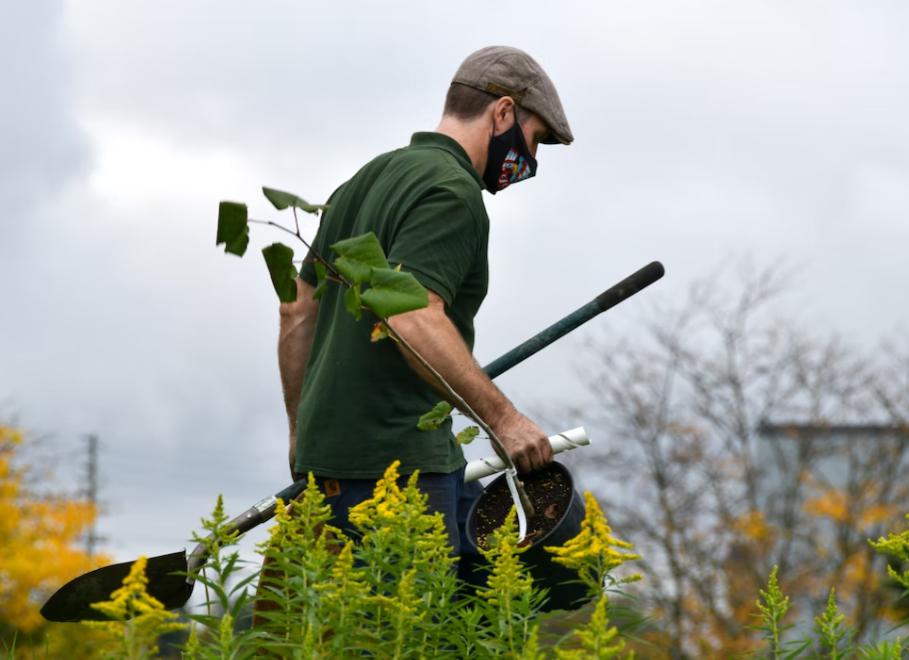
One of the best ways to boost your gardening confidence is to learn about the plants you want to grow. This entails learning about their requirements, such as soil type, amount of sunlight, and watering requirements. This can be accomplished by reading books, watching videos, and participating in gardening classes or workshops.
Many community centers, botanical gardens, and nurseries in the area offer gardening classes that range from basic plant care to more advanced techniques like pruning and propagation. Attending these classes can help you not only gain knowledge but also connect with other gardeners and share tips and advice.
Begin Small
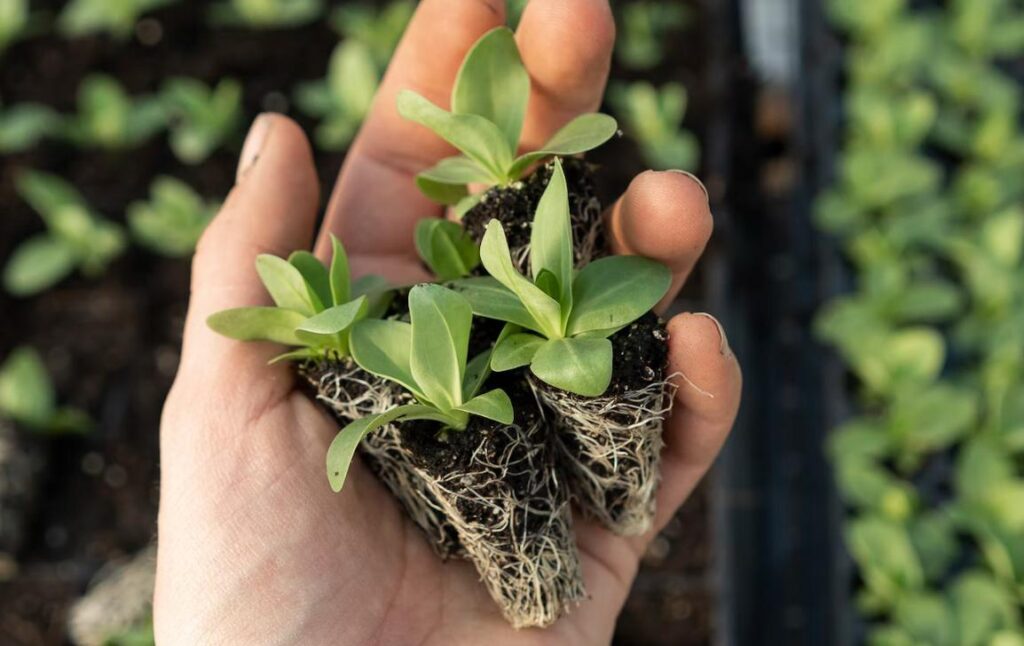
If you’re new to gardening, a small plot or container garden is a good place to start. This will allow you to get a sense of the process without becoming overwhelmed. Choose a few easy-to-care-for plants, such as herbs or tomatoes, and concentrate on getting them to grow successfully.
As your confidence grows, you can gradually expand your garden and experiment with new plants. Gardening is a learning experience, and you will make mistakes along the way. Setbacks should not be viewed as a source of discouragement, but rather as an opportunity to learn and grow as a gardener.
Organize Yourself
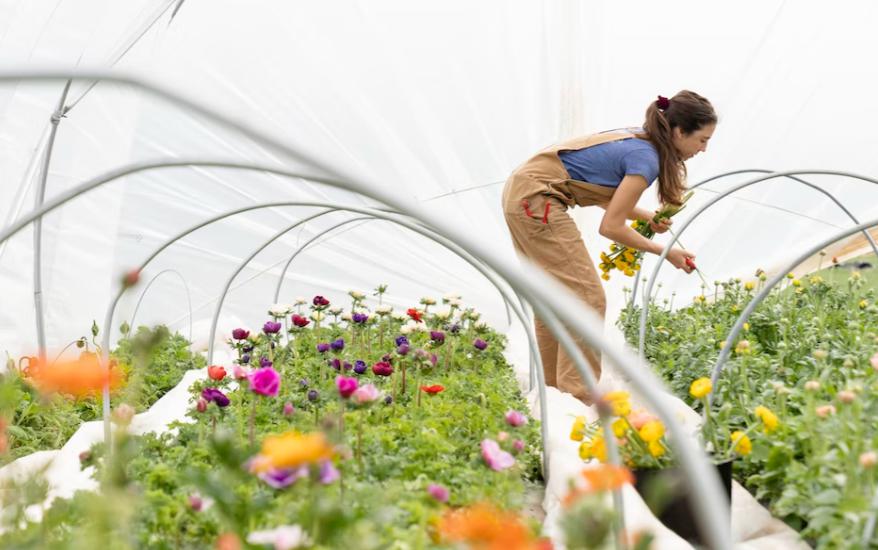
If you don’t have a plan, gardening can quickly become overwhelming. Take some time to organize your garden space before you begin planting. Choose which plants to grow and where they will be planted. When deciding where to place each plant, consider factors such as sunlight, soil type, and drainage.
You should also keep a gardening journal to record your progress and information about each plant. This is especially useful if you have a large garden or want to grow a variety of plants.
Invest in Quality Equipment
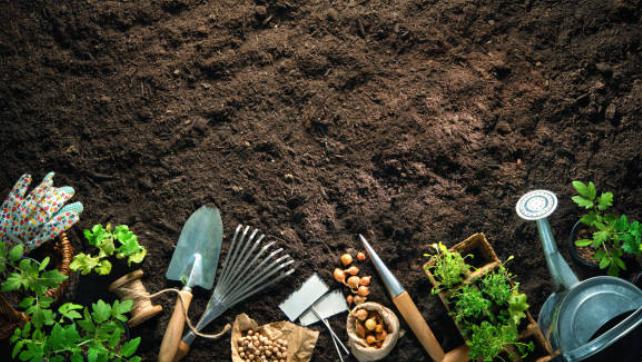
Gardening can be made much easier and more enjoyable with the right tools. Invest in good tools like a trowel, pruning shears, and a watering can. These tools will make caring for your plants easier and will last longer than cheaper, lower-quality tools.
You may want to invest in specialized tools for specific tasks, such as a soil pH tester or a soil thermometer, in addition to basic gardening tools. These tools can help you ensure that your plants are receiving proper care, as well as troubleshoot issues if they aren’t growing as well as you’d like.
Exercise your patience.
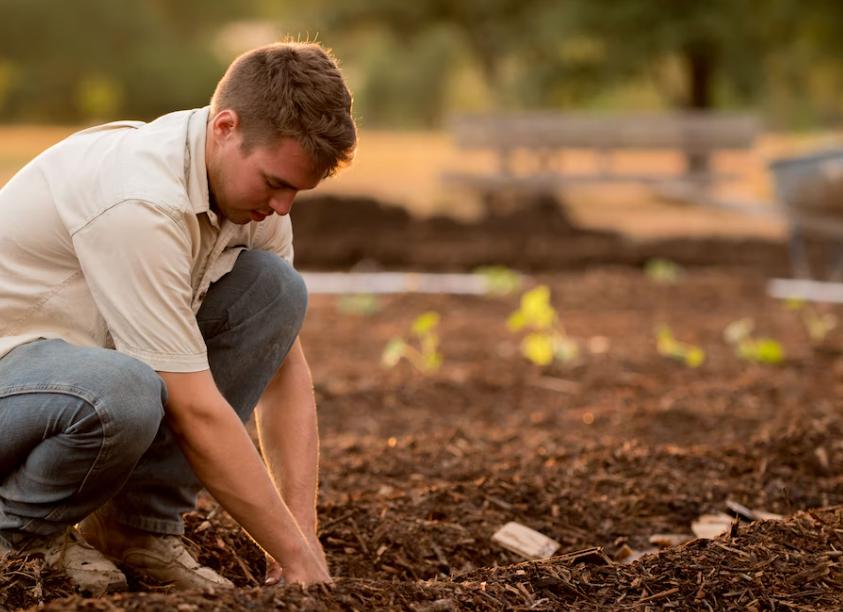
Gardening requires perseverance and patience. Many plants take weeks or even months to mature and bear fruit or flowers. It is critical to be patient and not become discouraged if your plants do not appear to be growing as quickly as you would like.
Remember that gardening is a process, and each plant is unique. Some plants grow more slowly than others, and some require more care and attention. If you’re having trouble with a specific plant, don’t be afraid to ask for assistance or seek advice from other gardeners.
Make Contact with Other Gardeners
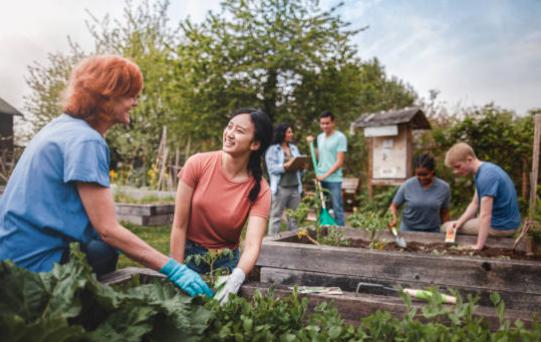
Connecting with other gardeners can help you gain confidence and learn new tips and techniques. To meet other gardeners, you can join a local gardening club or an online gardening community.
These groups can be a great source of encouragement and advice, especially if you’re new to gardening or are having difficulty with a specific plant or technique. You might also be able to locate gardening mentors who can offer one-on-one advice and support.
Finally, it is critical to recognize and celebrate your accomplishments, no matter how minor they may appear. Take time to celebrate and reflect on your accomplishments, whether you successfully grew your first tomato or harvested a bumper crop of cucumbers.
Celebrating your accomplishments can boost your confidence and inspire you to keep learning and growing as a gardener. It can also be a great way to share your accomplishments with other gardeners and encourage them to try new things.
Finally, gaining confidence in your gardening abilities takes time, patience, and dedication. You can develop the skills and knowledge required to become a successful gardener by educating yourself, starting small, getting organized, investing in good tools, practicing patience, connecting with other gardeners, and celebrating your successes. Remember to relax and not be too hard on yourself if things don’t always go as planned. Gardening is a journey, and each step is an opportunity to learn and grow.
